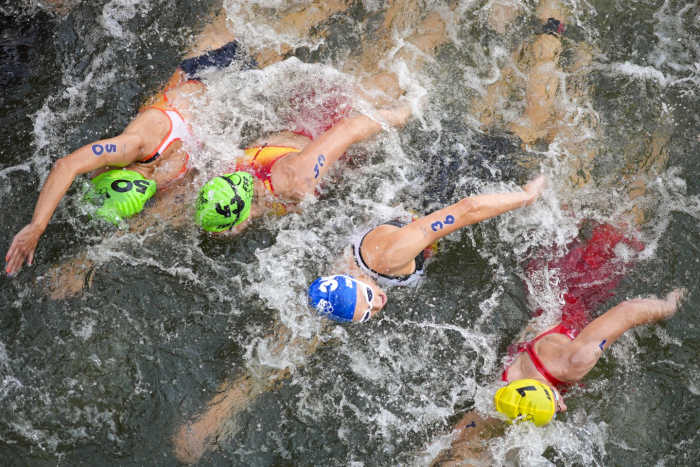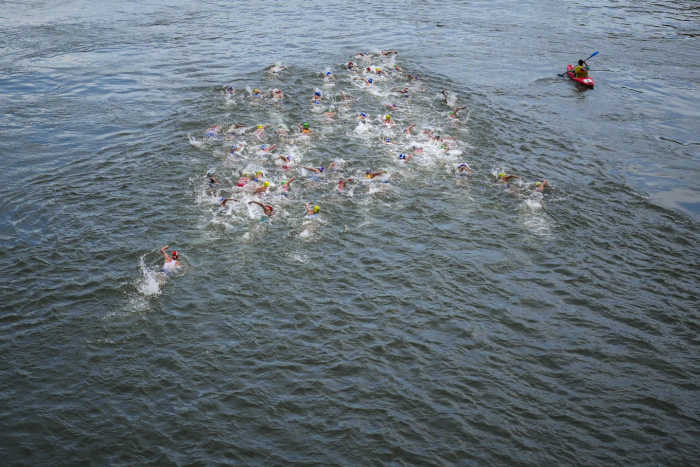Published 22:04 IST, July 31st 2024
Paris Olympics 2024 In Controversy Over Seine River's E Coli Levels - What You Should Know
While Seine became the host of Paris Olympics 2024, and opened itself for swimming since the first ban in 1923, the presence of pollutants isn't anything new.
- Health News
- 2 min read
Lying in northern France, Seine river, which was opened up after 100 years to play host for Paris Olympics 2024, and where athletes were expected to compete on Tuesday for the triathlon's first leg, however, no swimmer was seen performing.

Why was the Olympic triathlon postponed?
According to the tests carried out in the Seine on Tuesday, water quality levels did not provide sufficient guarantees to allow the event to be held, informed World Triathlon.
"Unfortunately, meteorological events beyond our control, such as the rain which fell over Paris on 26 and 27 July, can alter water quality and compel us to reschedule the event for health reasons. Despite the improvement on the water quality levels in the last hours, the readings at some points of the swim course are still above the acceptable limits," according to World Triathlon.

Pollution and Paris Olympics 2024
While Seine became the host for Paris Olympics 2024, and opened itself for swimming since the first ban in 1923, the presence of pollutants isn't a fresh controversy. At the 1924 Paris Olympics, swimmers were forced to compete in swimming pools instead of the river.
This time around the level of Escherichia coli is higher than the desired levels, known to be safe for humans, as per a Eau de Paris's water report.
This popular French river has taken the burnt of Paris's sewage system, and leakage woes, causing heavy pollution in the river. The concerned authorities have invested a whooping 1.5 billion to make it Olympic ready.
Harmful effects of swimming in a waterbody with high escherichia coli levels
This bacteria, which is considered a strong indicator of sewage or animal waste in waterbodies, can cause health issues such as sepsis, diarrhea, urinary tract infections.
The infections that can transmitted through E. coli are not the only concern, as Leptospira, transmitted by rodent urine, can be found in contaminated water and can cause severe kidney disease.
Updated 22:11 IST, July 31st 2024